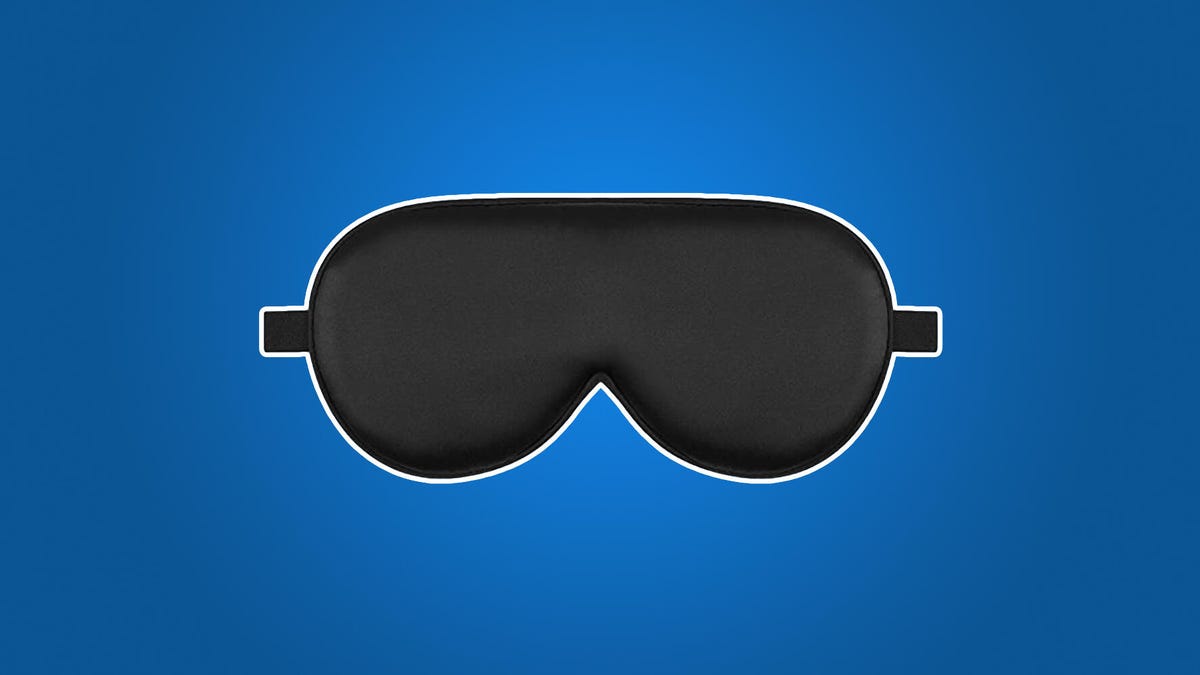 Why You Can Trust CNET
Why You Can Trust CNET How Much Sleep Do You Need? It Depends
Here's how to determine how much sleep your body needs, according to experts.

Sleep is essential for proper functioning during the day. Sometimes, you might feel like you need to sleep more than the oft-recommended eight hours per night. On other days you may be able to get by on six hours of rest. Turns out, eight hours isn't the ideal amount of sleep for everyone. Let's talk about who needs more or less and why.
How much sleep do people really need?
Sleep recommendations are like water recommendations. No one really knows exactly how much water people need each day, so there's no single "best" recommendation -- the same is true for sleep.
While most sleep experts recommend seven to eight hours each night, Annie Miller, a therapist at DC Metro Sleep and Psychotherapy, tells CNET that people shouldn't feel pressured by this number. "Historically, one uninterrupted period of sleep was not always the standard," she says.
Historians and anthropologists think humans used to engage in biphasic sleep, or sleeping in two "shifts." But it doesn't work for everyone.
The origins of the eight-hour ideal remain unclear, but post-industrial standardization of school and work schedules is likely to blame. Regardless, the need to conform to this standard "has certainly contributed to many people's insomnia," Miller says. "If we feel like we 'should' be getting more sleep or we aren't doing it right, our sleep will suffer."
Related: You Can Earn a Higher Salary By Getting a Full Night's Sleep
Do some people need less sleep?
If you don't mind working late at night, you might naturally be a short sleeper.
Some people might scoff when others say they only need four to six hours of sleep each night, but for a percentage of the population, that's the truth, says Allison Brager, performance engineer for Momentous.
Generally, high achievers tend to sleep less, Brager tells CNET. "If you look at US presidents, successful CEOs and military leaders, many report sleeping little but feeling fine and don't need stimulants to stay awake," she says. "Daily sleep needs fall along the bell curve like most physiological processes in nature. The average is eight hours of nightly sleep, but there are individuals who fall to the left or right due to genetic underpinnings."
Scientists actually discovered a "short-sleep gene" in 2019. People with this gene naturally sleep less than six-and-a-half hours each night "without any apparent ill effects," the National Institutes of Health reports. This discovery is, of course, a small piece of the big sleep puzzle, but it does prove that sleep needs are highly individual and influenced by genetics.
Related: How to Know if You Have Insomnia and What to Do About It
Do some people need more sleep?
On the flip side, some people need extra sleep to function optimally. While there's no evidence (yet) of a "long-sleep gene" like there is of the short-sleep one, Miller says she wouldn't be surprised to hear about such a discovery in the future. "Our sleep need is largely based on genetics," she says, so it would make sense.
You don't need a study to tell you how much sleep you need, though. Most adults know how much sleep they need to feel refreshed and energized. If you feel your best with nine to 10 hours of sleep versus seven or eight, then you should sleep that much whenever time allows, Miller says.
Related: Sleep Supplements Can Help You Snooze, but They Aren't a Cure for Bad Sleep
Sleep needs change over your lifespan
Another factor worth considering is your age, Miller says. Sleep needs change over the course of your lifespan. According to the National Sleep Foundation, those needs are:
- Newborns (0-3 months): 14 to 17 hours per day.
- Infants (4-11 months): 12 to 15 hours per day.
- Toddlers (1-2 years): 11 to 14 hours per day.
- Preschoolers (3-5): 10 to 13 hours.
- School age children (6-13): Nine to 11 hours.
- Teenagers (14-17): Eight to 10 hours.
- Younger adults (18-25): Seven to nine hours.
- Adults (26-64): Seven to nine hours.
- Older adults (65 and older): Seven to eight hours.
Other factors that affect how much sleep you need
People dealing with chronic illnesses, autoimmune conditions or other medical problems may need more sleep than others. If you have a highly laborious job, such as construction work, you might need more sleep than someone who works a desk job, simply because your body needs more time to recover. Similarly, athletes prioritize sleep and most probably sleep more than the average person because their lifestyle and career depend on it.
In the end, "It's important to focus on what feels good for our bodies, not what we think we should be doing," Miller says.

